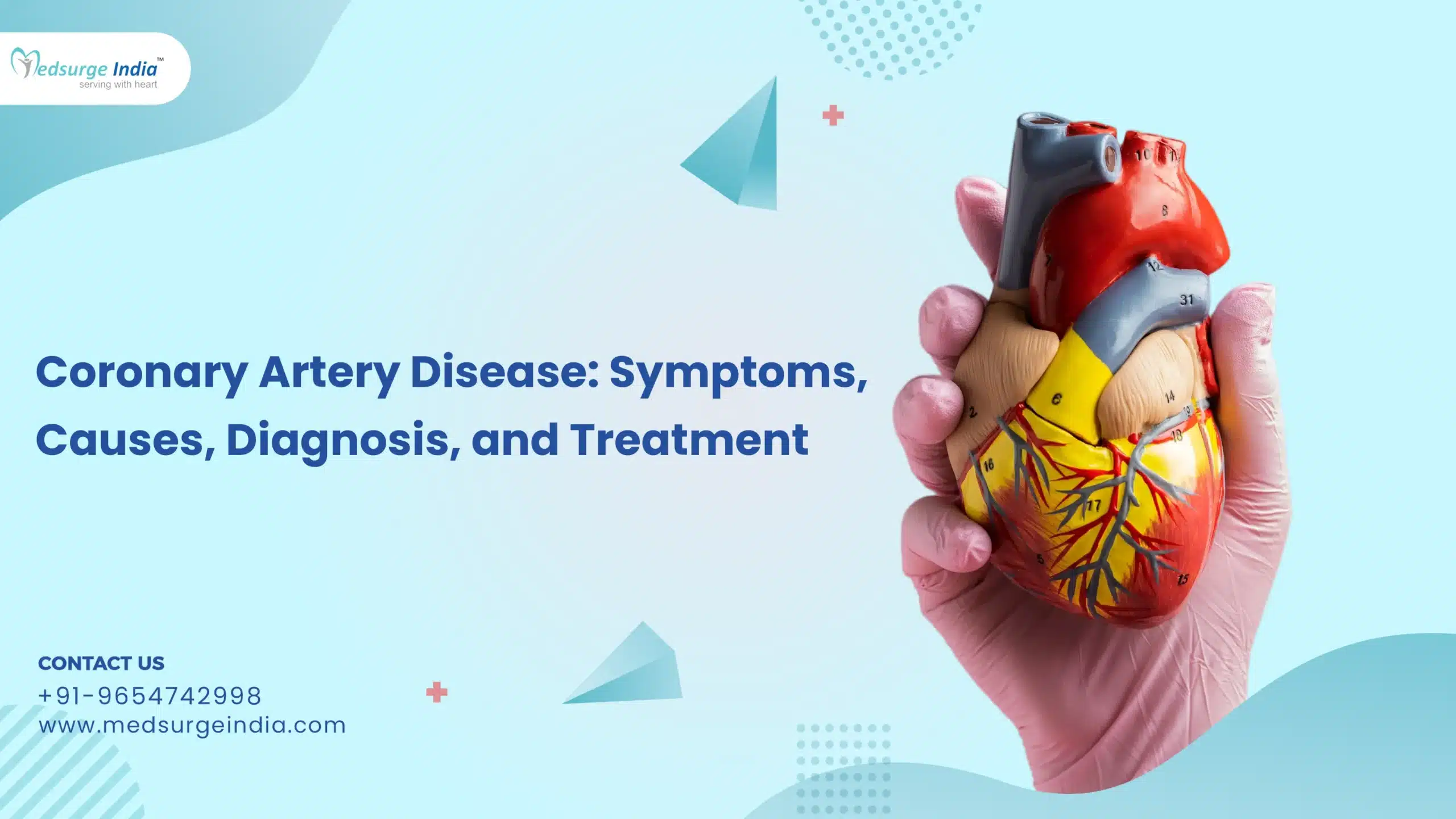
Importance of Serum Creatinine Testing in Kidney Health
In the domain of monitoring our general well-being, there exist specific examinations that are necessary to undergo. Among these tests, there are certain ones that function as unseen champions, ceaselessly offering crucial insights into the functioning of our bodies. The Serum Creatinine test is a prime example of such a test. In this blog, we will delve into the realm of serum creatinine testing, which often remains unnoticed but holds immense significance in overseeing our overall health, particularly in relation to our kidneys.
What is Serum Creatinine?
Creatinine is a byproduct present in the bloodstream, originating from the muscles. The kidneys, when functioning properly, eliminate creatinine from the blood by excreting it through urine.
The measurement of creatinine in your blood, obtained through a blood test, determines your serum creatinine level. This level serves as an indicator of your kidney function. In instances where the kidneys are not functioning optimally, the serum creatinine level tends to rise.
What is Its Purpose?
The blood creatinine test, also known as the serum creatinine test, is utilized to assess the efficiency of your kidneys in filtering your blood. Typically, it is requested alongside other tests within the basic metabolic panel (BMP) or comprehensive metabolic panel (CMP). This test is commonly included in routine health check-ups due to its high frequency of being ordered.
The serum creatinine test, which analyzes the level of creatinine in the blood, is frequently employed in the following scenarios:
- Assessing kidney health in individuals who are at a heightened risk of developing chronic kidney disease (CKD) or those experiencing symptoms of acute kidney injury (AKI).
- Monitoring the progression of kidney function over time in individuals diagnosed with CKD.
- Assisting healthcare professionals in determining whether any medications should be discontinued or adjusted to a lower dosage.
Conditions It Helps Diagnose
The creatinine tests are valuable in aiding the diagnosis of various kidney disorders, which can be categorized broadly as either chronic kidney disease or acute kidney injury.
- Chronic kidney disease (CKD): It is characterized by the gradual and irreversible decline in kidney function. The primary culprits behind CKD are diabetes, hypertension, and glomerulonephritis, although other factors such as lupus, polycystic kidney disease (PKD), and recurrent kidney infections can also contribute to its development. In certain instances, chronic kidney disease (CKD) may progress to end-stage renal disease (ESRD), necessitating dialysis or a kidney transplant to avert fatality.
- Acute kidney injury (AKI): This is a term used to describe any condition that causes damage to the kidneys and results in dysfunction. In contrast to CKD, AKI can sometimes be reversed.
- Kidney stones are solid mineral and salt accumulations that may develop in the kidneys, resulting in intense pain. Adequate hydration and dietary modifications can aid in their prevention.
- Polycystic kidney disease (PKD) is an inherited disorder that triggers the formation of cysts in the kidneys, ultimately causing kidney impairment. It is crucial to monitor regularly and intervene early.
- Urinary tract infections (UTIs) can potentially progress to kidney infections if left untreated, posing a serious threat. Timely treatment of UTIs is vital to avert complications.
- High blood pressure (hypertension): Uncontrolled hypertension can cause harm to the blood vessels in the kidneys, resulting in kidney disease. It is crucial to regularly check your blood pressure levels and adhere to the advice given by your doctor.
- Diabetic nephropathy is a common consequence of diabetes, as elevated blood sugar levels can harm the tiny blood vessels within the kidneys. Effective management of diabetes is essential to avoid complications related to kidney function.
How The Test Work?
The human body consistently generates creatinine as part of its daily operations. This occurs when creatine, mainly located in muscles, is transformed into energy. Creatinine is a result of this conversion process. Under normal kidney function, creatinine is eliminated from the body through urine. However, if the kidneys are not working properly, creatinine cannot be efficiently excreted and will build up in the blood.
Two types of creatinine tests are utilized to assess the levels in both urine and blood if your kidneys are functioning properly.
- Serum creatinine (SCr), a blood test, provides information about the level of creatinine present in the blood. As the production and excretion of creatinine remain relatively constant, any elevation beyond the anticipated range can be considered a dependable sign of kidney dysfunction.
- Creatinine clearance (CrCl), a urine test, assesses the SCr level in conjunction with the amount of creatinine eliminated in urine within 24 hours.
The amount of serum creatinine produced is directly related to the muscle mass of an individual, indicating that individuals with greater muscle mass will exhibit elevated SCr levels. Likewise, engaging in intense physical activity can impact both SCr and CrCl levels, as exercise leads to a higher conversion of creatine into energy.
How The Test Is Performed?
The serum creatinine test is a simple blood test. Here’s what you should anticipate:
- Preparation: Fasting is usually not required. However, your healthcare provider might recommend avoiding specific medications prior to the test, so it is crucial to adhere to their instructions.
- Blood collection: A healthcare professional will extract a small blood sample from your arm using a needle.
- Laboratory examination: The blood sample will be sent to a laboratory for analysis, where the creatinine level in your blood will be measured.
It is crucial to acknowledge that the ranges for normal and abnormal results may differ across laboratories due to the utilization of distinct measurements or the testing of diverse samples. It is advisable to schedule a meeting with your doctor to delve into your test results further. They will provide insights on whether additional testing is needed and if any treatment will be necessary.
Bottom Line
The test is a vital tool and plays a vital role in assessing kidney function and diagnosing various kidney disorders. Taking a comprehensive approach to well-being, which involves maintaining a healthy lifestyle, scheduling routine medical examinations, and fostering transparent communication with your healthcare professional, is the most effective method to ensure the optimal functioning of your kidneys and overall body. Given the importance of kidneys to your general health, it is essential to care for them properly to enjoy their faithful service for many years.












